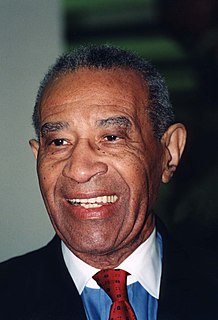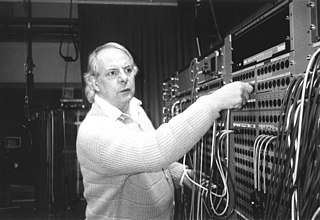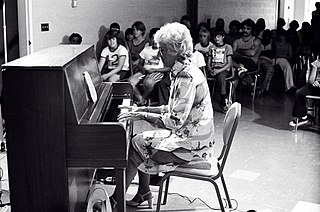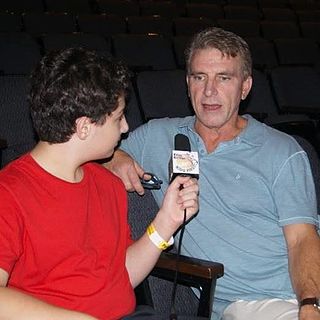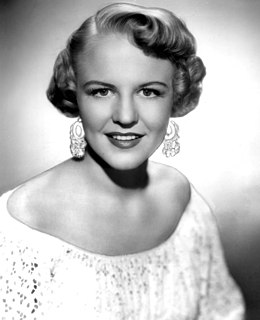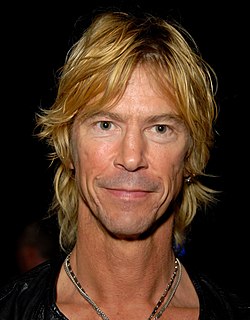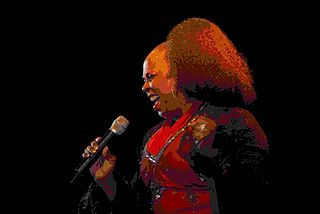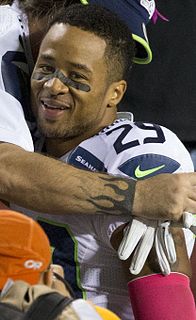A Quote by Max Roach
I think that the rhythm sections, drummers in particular, are the unsuing heroes of the music. It's the rhythm section that has changed the styles from one period to the other.
Related Quotes
I can't get very excited about a musician who can do Art Tatum because I've got the Art Tatum records. I want to hear him take that and do something that hasn't been done. And there's enough of that going around that keeps the music very exciting. There's so many great young players coming out. I think we're in some kind of renaissance, especially in the rhythm section. I mean the musicians on drums and bass and guitar are really trying to figure out different ways to bring a rhythm section together.
All life requires a rhythm of rest. . .
There is a rhythm in the way day dissolves into night, and night into morning. There is a rhythm as the active growth of spring and summer is quieted by the necessary dormancy of fall and winter. There is a tidal rhythm, a deep, eternal conversation between the land and the great sea.
There's the internal rhythm within a sequence, and then there's the rhythm between the sequences, and that's extremely important in constructing the narrative. For example, you don't put two big dramatic scenes right next to each other. But you can use the rhythm of the transition shots; they can often serve a double purpose.
Whether I'm performing or directing, I'm aways thinking about rhythm; sometimes it's nailing the right rhythm, and sometimes it's intentionally breaking the rhythm. Those two things are what make something funny or not. How long a shot is and where you put the camera are all part of that rhythm of directing.
